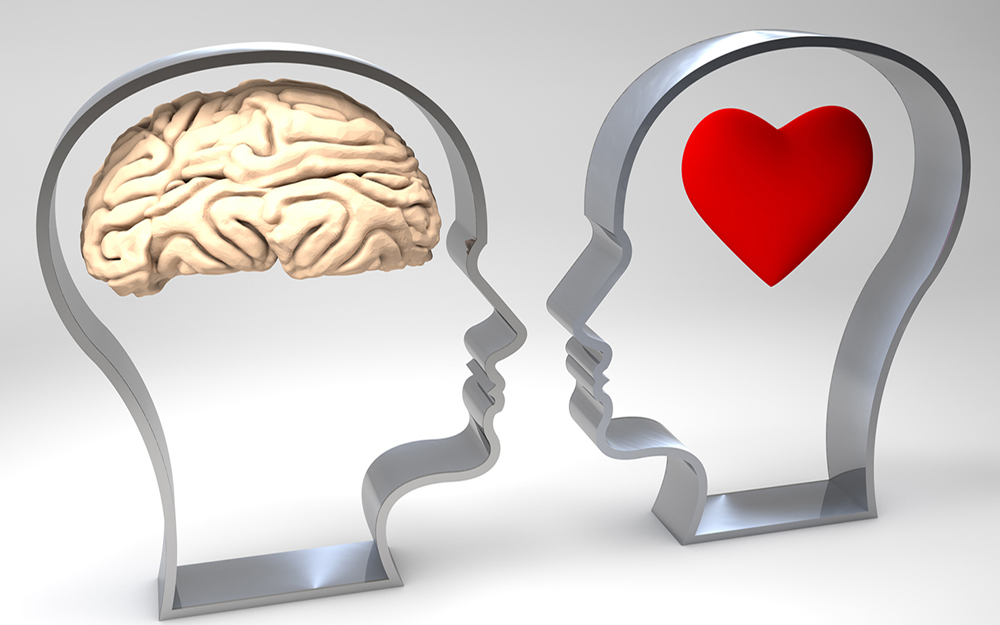Sexual dysfunction is a common problem that can affect individuals of all genders and ages. It refers to the inability to experience sexual pleasure or perform sexual activities satisfactorily. While physical factors like age, health conditions, and medication can contribute to sexual dysfunction, psychological factors can also play a significant role. If your sexual dysfunction is caused by psychological factors, medicines like Vidalista 60mg and Cenforce 150 mg may also not work as expected.
Anxiety and Stress
Anxiety and stress can be significant contributors to sexual dysfunction. They can cause a person to worry about their sexual performance, leading to performance anxiety. Performance anxiety can cause a person to feel nervous or tense, which can affect their ability to perform sexually. Anxiety and stress can also cause a decrease in sexual desire, leading to a lack of interest in sexual activity.
Depression
Depression can also be a significant contributor to sexual dysfunction. Depression can cause a decrease in sexual desire and pleasure, as well as a decrease in energy levels, which can affect a person’s ability to perform sexually. Additionally, some antidepressant medications can cause sexual side effects, such as a decrease in libido and difficulty achieving orgasm.
Low Self-Esteem
Low self-esteem can also contribute to sexual dysfunction. A person with low self-esteem may feel inadequate or unattractive, leading to a lack of confidence in their sexual abilities. This lack of confidence can affect a person’s ability to perform sexually, leading to sexual dysfunction.
Past Trauma
Past trauma, such as sexual abuse or assault, can also contribute to sexual dysfunction. Trauma can cause a person to feel anxious or fearful during sexual activity, leading to a decrease in sexual desire or difficulty achieving orgasm. Additionally, trauma can cause a person to feel disconnected from their body, making it difficult to experience sexual pleasure.
Relationship Problems
Relationship problems can also contribute to sexual dysfunction. A lack of emotional intimacy, communication issues, and unresolved conflicts can all affect a person’s ability to perform sexually. Additionally, if one partner experiences sexual dysfunction, it can cause frustration and resentment in the relationship, leading to further problems.
Body Image Issues
Body image issues can also contribute to sexual dysfunction. A person who feels self-conscious about their body may avoid sexual activity or feel anxious during sexual activity, leading to a decrease in sexual desire or difficulty achieving orgasm. Additionally, societal pressures to conform to certain body standards can lead to unrealistic expectations about sexual performance, leading to sexual dysfunction.
Treatment Options
If you are experiencing sexual dysfunction due to psychological factors, there are several treatment options available. Psychotherapy, or talk therapy, can help address underlying psychological issues that may be contributing to sexual dysfunction. Cognitive-behavioral therapy (CBT) can help address negative thought patterns that may be contributing to anxiety or low self-esteem.
Additionally, medication may be prescribed to help manage symptoms of depression or anxiety. If sexual dysfunction is a side effect of medication, your healthcare provider may be able to adjust your medication or prescribe an alternative.
Sexual dysfunction can be a challenging problem to deal with, but it is essential to address the underlying causes, including psychological factors. If you are experiencing sexual dysfunction, it is important to talk to your healthcare provider or a mental health professional to get the help you need. In this case, medicines like Cenforce 120 and Fildena 100 may also not work as expected but there are other treatments like therapy and lifestyle changes that can help you recover. With the right treatment, it is possible to overcome sexual dysfunction and improve your overall sexual and emotional well-being.




